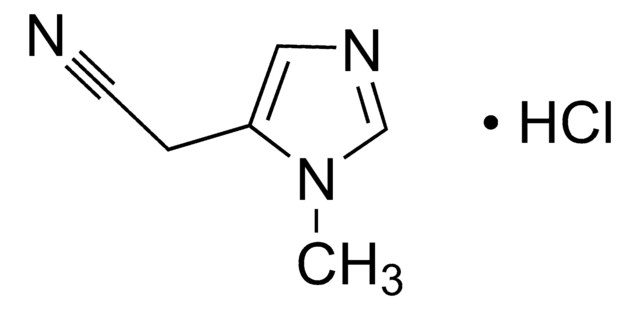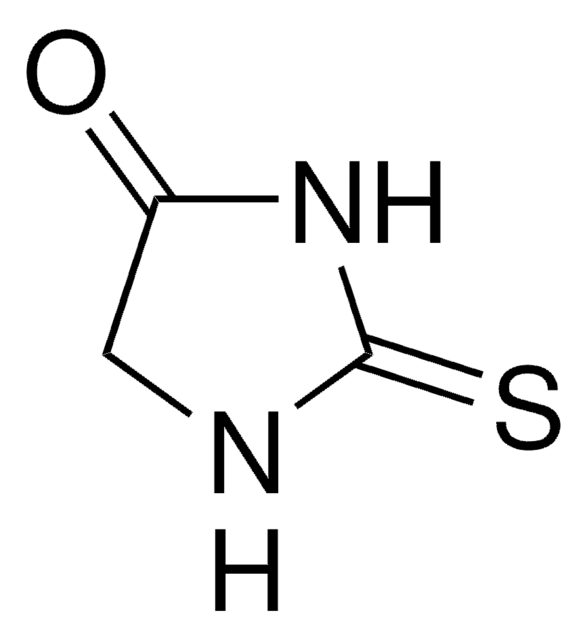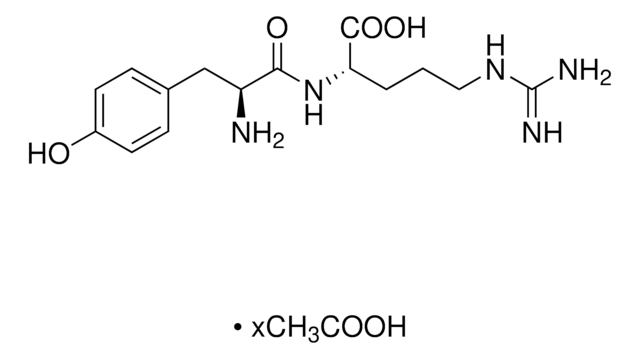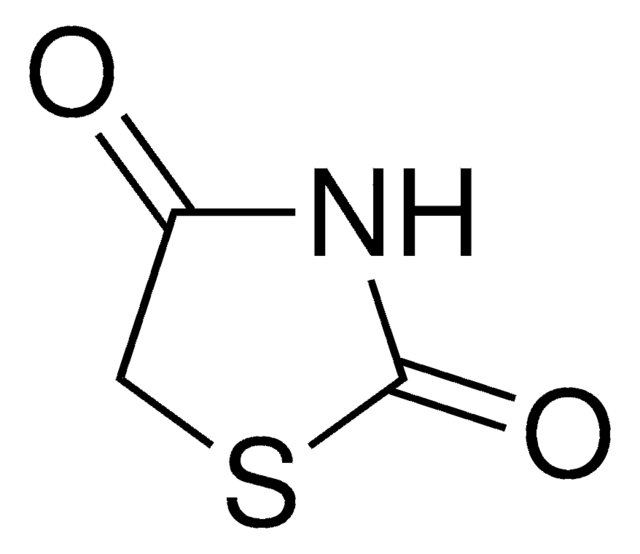CRM04144
Dichlon
certified reference material, TraceCERT®, Manufactured by: Sigma-Aldrich Production GmbH, Switzerland
Synonym(s):
2,3-Dichloro-1,4-naphthoquinone, Dichlon
About This Item
Recommended Products
grade
certified reference material
TraceCERT®
Quality Level
product line
TraceCERT®
shelf life
limited shelf life, expiry date on the label
manufacturer/tradename
Manufactured by: Sigma-Aldrich Production GmbH, Switzerland
mp
194-197 °C (lit.)
SMILES string
ClC1=C(Cl)C(=O)c2ccccc2C1=O
InChI
1S/C10H4Cl2O2/c11-7-8(12)10(14)6-4-2-1-3-5(6)9(7)13/h1-4H
InChI key
SVPKNMBRVBMTLB-UHFFFAOYSA-N
Looking for similar products? Visit Product Comparison Guide
General description
Dichlone is a fungicide that belongs to the quinone class. Dichlone alters the permeability of the cell membrane in fibroblastic cells. It rapidly enters the cell and stimulates oxygen uptake.
Dichlone is not approved in the European Union. A default MRL of 0.01 mg/kg has been set according to Art 18(1)(b) Reg 396/2005.
Dichlone is used to control various fungi in fruit, vegetables, ornamentals, and field crops, particularly blossom blights, scab in apples and pears, and brown rot in stone fruit.
Application
- To evaluate the toxicity of some naturally occurring quinones and easily synthesized quinone derivatives on the two-spotted spider mite and three aphid species in laboratory and greenhouse conditions
- To assess antifeedant and toxic effects of selected quinones against the cabbage looper, Trichoplusia ni larvae
- Evaluation of four 1,4-naphthoquinones and 10 pyrimidinone-fused 1,4-naphthoquinones for antimicrobial activity against drug-resistant oral bacteria
- To determine the effectiveness of the use of Supercritical Fluid Extraction (SFE) and Supercritical Fluid Chromatography (SFC) techniques in the analysis of the levels of pesticide residues in canned foods, vegetables, and fruits
Recommended products
Legal Information
Signal Word
Danger
Hazard Statements
Precautionary Statements
Hazard Classifications
Acute Tox. 3 Oral - Aquatic Acute 1 - Aquatic Chronic 1 - Eye Irrit. 2 - Skin Irrit. 2
Storage Class Code
6.1C - Combustible acute toxic Cat.3 / toxic compounds or compounds which causing chronic effects
WGK
WGK 3
Flash Point(F)
Not applicable
Flash Point(C)
Not applicable
Choose from one of the most recent versions:
Certificates of Analysis (COA)
Don't see the Right Version?
If you require a particular version, you can look up a specific certificate by the Lot or Batch number.
Already Own This Product?
Find documentation for the products that you have recently purchased in the Document Library.
Our team of scientists has experience in all areas of research including Life Science, Material Science, Chemical Synthesis, Chromatography, Analytical and many others.
Contact Technical Service










